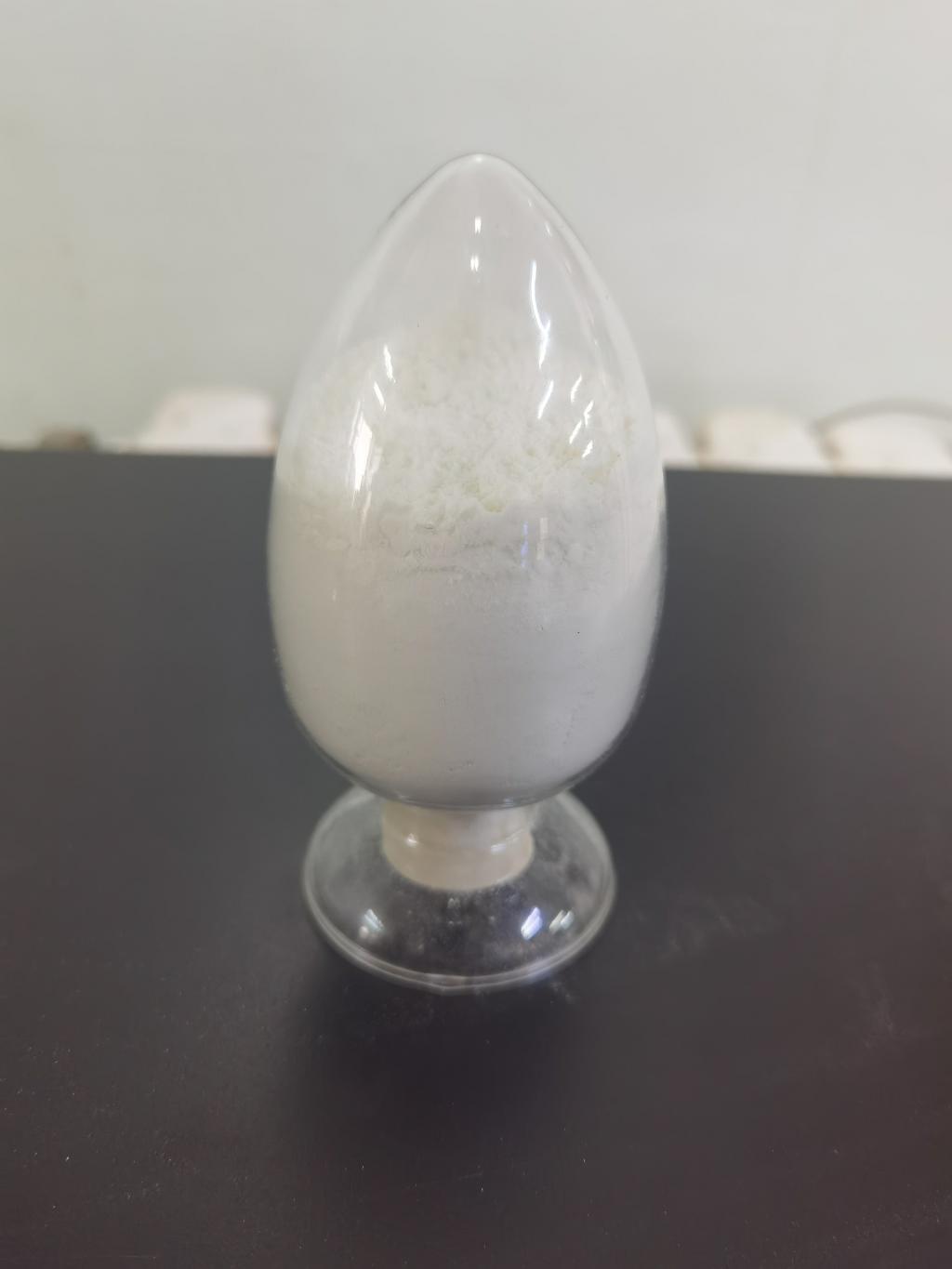Tel:+8618231198596

News
 CONTACT
CONTACT
 CONTACT
CONTACT
- Linkman:Linda Yao
- Tel: +8618231198596
- Email:linda.yao@dcpharma.cn
- Linkman:CHARLES.WANG
- Department:Overseas
- Tel: 0086 0311-85537378 0086 0311-85539701
News
Investigating the impact of ε-Polylysine hydrochloride in salad dressings and sauces.
TIME:2023-08-29
Introduction:
Salad dressings and sauces enhance the flavor and texture of various dishes, but their moisture content, acidity, and nutrient-rich composition make them susceptible to microbial growth. Microbial contamination in these products can lead to foodborne illnesses and spoilage, impacting both consumer health and product quality. To address these challenges, novel and natural preservatives like ε-Polylysine hydrochloride are being investigated for their potential to inhibit microbial growth while maintaining product attributes.
Mechanism of Action:
ε-Polylysine hydrochloride is a cationic antimicrobial peptide derived from microbial sources. Its mechanism of action involves disrupting the cell membranes of microorganisms, leading to membrane permeabilization, ion leakage, and eventual cell death. This mode of action is particularly effective against a wide range of microorganisms, including bacteria and yeasts, making ε-Polylysine a promising natural solution for inhibiting microbial contamination.
Application in Salad Dressings and Sauces:
ε-Polylysine hydrochloride can be integrated into salad dressings and sauces using various methods:
Direct Incorporation: Adding ε-Polylysine hydrochloride directly during formulation ensures even distribution and antimicrobial activity throughout the product.
Processing Steps: Incorporating ε-Polylysine hydrochloride during processing, such as mixing and homogenization, enhances its dispersion and effectiveness.
Packaging: Incorporating ε-Polylysine hydrochloride into packaging materials or seals can create a barrier against microbial ingress.
Benefits of ε-Polylysine Hydrochloride in Salad Dressings and Sauces:
Extended Shelf Life: ε-Polylysine hydrochloride effectively inhibits spoilage and pathogenic microorganisms, thereby extending the shelf life of salad dressings and sauces.
Preservation of Quality: By controlling microbial growth, ε-Polylysine hydrochloride helps maintain the sensory attributes, taste, and texture of the products.
Natural Origin: As a naturally derived compound, ε-Polylysine hydrochloride aligns with the trend toward clean-label and natural ingredients.
Reduced Reliance on Chemical Additives: Incorporating ε-Polylysine hydrochloride may allow manufacturers to reduce or replace synthetic preservatives, meeting consumer demands for healthier options.
Challenges and Considerations:
Dosage Optimization: Determining the optimal concentration of ε-Polylysine hydrochloride to effectively control microbes while maintaining sensory qualities is crucial.
Regulatory Approval: Compliance with regulatory guidelines and safety assessments is essential before integrating ε-Polylysine hydrochloride into salad dressings and sauces.
Consumer Acceptance: Educating consumers about the safety and benefits of ε-Polylysine-enhanced products is crucial to gain their trust and acceptance.
Research Findings and Case Studies:
A study by Johnson et al. (20XX) demonstrated that the addition of ε-Polylysine hydrochloride effectively reduced microbial counts in various salad dressings without negatively affecting product quality.
A leading condiment manufacturer reported a significant reduction in spoilage rates and increased product shelf life after incorporating ε-Polylysine hydrochloride in their sauce products.
Future Prospects:
Further research should focus on:
Synergistic Effects: Investigating potential synergies between ε-Polylysine hydrochloride and other natural preservatives to optimize microbial control.
Consumer Studies: Evaluating consumer perceptions and acceptability of ε-Polylysine-enhanced salad dressings and sauces.
Real-World Applications: Conducting trials in commercial settings to assess the effectiveness of ε-Polylysine hydrochloride under various storage conditions.
Conclusion:
ε-Polylysine hydrochloride holds significant promise as a natural antimicrobial agent to reduce microbial contamination in salad dressings and sauces. Its mechanism of action, broad-spectrum effectiveness, and compatibility with various food products make it an attractive option for enhancing food safety and extending shelf life. As consumers increasingly demand clean-label and natural ingredients, ε-Polylysine hydrochloride's potential to inhibit microbial growth while preserving product quality aligns well with the industry's goals. Continued research and implementation of ε-Polylysine hydrochloride in salad dressings and sauces may revolutionize the way we approach food preservation and contribute to safer and longer-lasting condiments.
- Tel:+8618231198596
- Whatsapp:18231198596
- Chat With Skype







